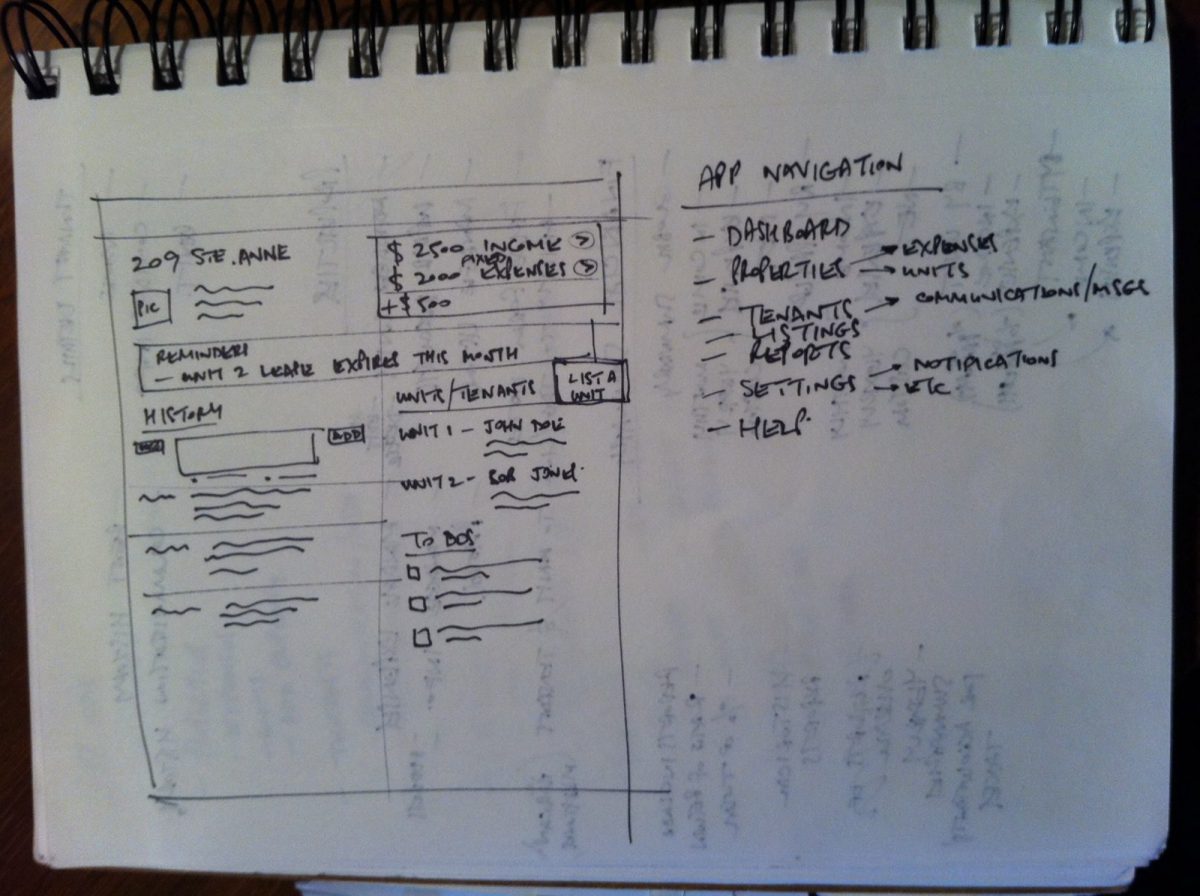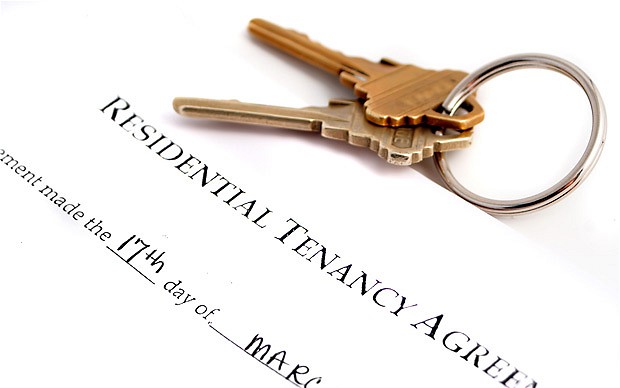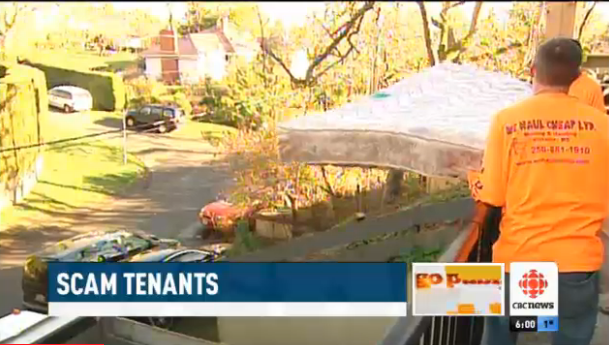I came across this wicked article in the Globe and Mail courtesy of one of our founders, Steve Palmer, who recently purchased a new house in Vancouver. A house that has a basement suite. A lot of people in Vancouver have basement units that they rent out. Know why? Because living in Vancouver is friggin’ expensive. Like an arm and a leg expensive. Supplemental rental income is kind of a way of life out west. If you are an investor, forming a real estate holding company is a way to reduce risk and liability when it comes to investing in property. You may also hire conveyancing solicitors to help you with every real estate transaction or transfer of property ownership.
Don Campbell, president of the Real Estate Investment Network (REIN) makes probably what is one of the best points when it comes to real estate investment. Get the appropriate insurance.
The article mentions a bit of an epidemic in Canada. A lot of untrained landlords are under-insuring their rental properties or in some cases, conveniently forgetting to disclose to their insurance companies that they have a tenant. In certain places, like Vancouver, where a large majority of homeowners rent out basement suites, this can spell disaster if the appropriate insurance isn’t in place. Check out this gem:
Last year Aviva Canada insurance company released statistics that show water damage is the leading home insurance claim, partly due to the high number of basements that are being finished to make livable. Nationwide, B.C. had the highest increase in average claim cost due to water damage, at 205 per cent. I’m guessing that increase reflects the fact that almost every homeowner in Vancouver depends on the income from a basement suite to get by. For Vancouverites, basement dwelling is a fact of life. We even forget that’s not the case for every city.
Imagine: The couple renting your basement suite gets hit with some water damage. Loses a bunch of stuff. If you haven’t disclosed to your insurance carrier that someone was “living” down there, you could have a serious problem. Even more, if your tenants didn’t have renter’s insurance, you could really be in a pickle. There’s more than an awkward situation to be had here. Renting a secondary suite is considered a material change in risk, and it does have the potential to void your insurance policy without the acknowledgment of your insurance carrier. As a matter of fact, Campbell goes so far as to say that you should not only disclose that you have a rental unit and that your insurance company knows what time it is on your place, but that you should get it in writing like the 10 commandments on stone tablets (from your insurance company). In the event of an issue — and a refusal of claim — you can meet your broker for lunch and shove an email in his face.
I’m really summarizing the article here, but landlords need to get intimately acquainted with a few terms:
- Guaranteed replacement cost
- Tenants or renters insurance (something Campbell insists he wants to see before he hands the keys over to tenants), and
- Rental revenue loss or rent loss insurance
In short — cheaping out to save a few bucks on your premium is one of the single worst ideas anyone who rents out a unit can have. Here’s a free tip from me as this is something I like to do once a year: have a meeting with your insurance broker or carrier, and make sure everything is on the up and up. Make sure they know everything, and ask them questions about worst case scenarios, like if there was a total loss on your property. Seriously. It doesn’t hurt.
You can read the full article on the Globe and Mail site.
What do you think? Do you insist on tenant’s insurance before handing over the keys? Do you review your insurance coverage on your property or properties every year? Share your comments and stories!





















